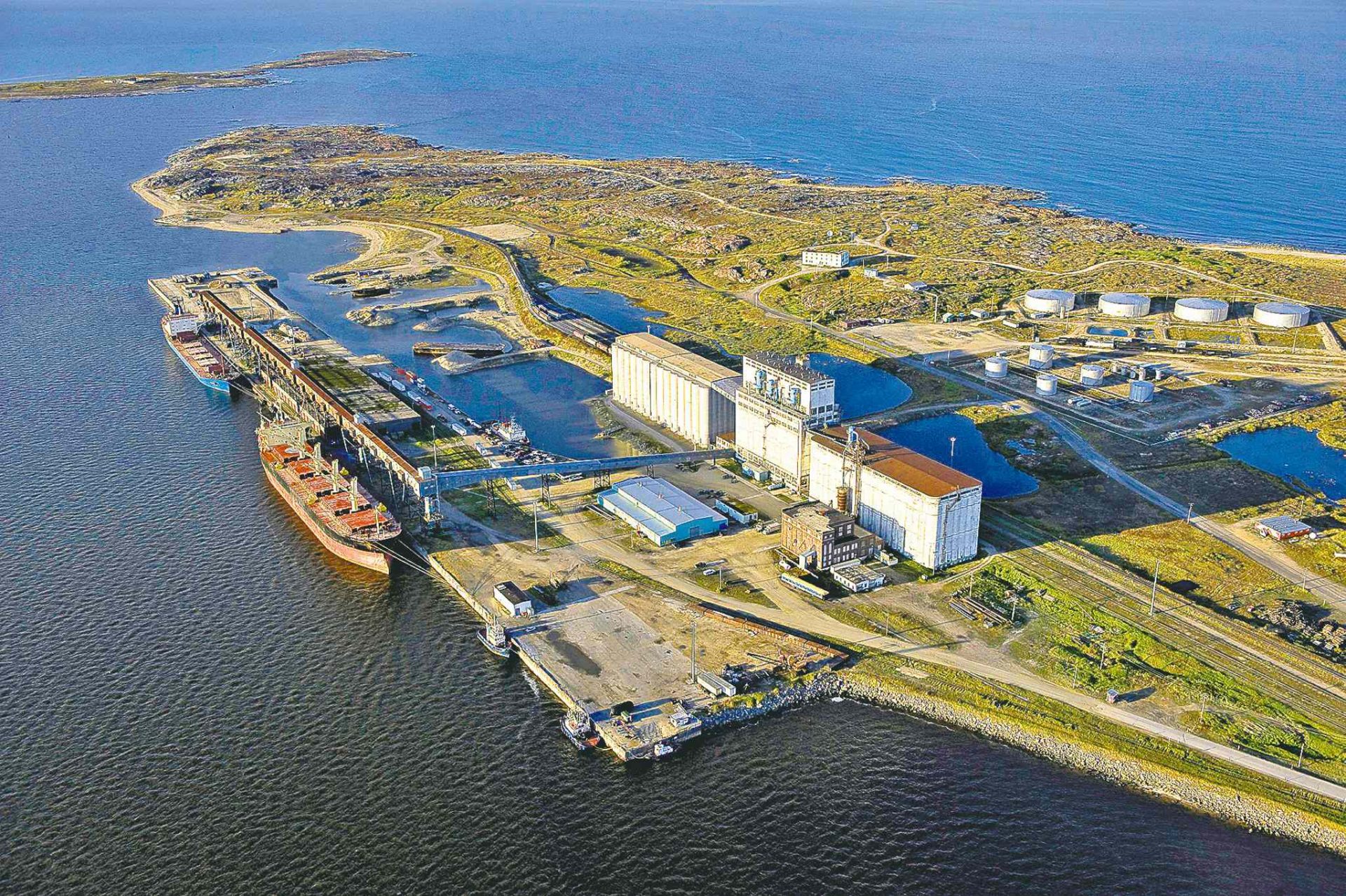(Bloomberg BNA) Once hailed as the next frontier for global shipping, the Arctic’s unpredictable weather and sparse population mean it's unlikely to become the next frontier for global container shipping, even if melting sea ice makes its waterways more easily navigable.
Russian, American and Scandinavian experts told Bloomberg BNA that despite the hopes of some countries and international companies that the Northwest Passage would provide a speedy commercial shipping route through North American waters, Arctic shipping lanes will only be able to sustain small-scale destinational traffic. This makes discussions of “Arctic competition” somewhat unfounded, said Brookings Foreign Policy Fellow Tim Boersma.
Recent reports that North America’s only deepwater Arctic port is closing come as the latest sign that the Arctic may not be a viable economic investment for many countries. However, the region is likely to remain an important geo-strategic space for the U.S., its allies and adversaries. […]
If sanctions were relaxed, there could be future benefits for the U.S. in small-scale Arctic trade, according to Barnard College and Columbia University professor and foreign policy analyst Kimberly Marten.
Although there is no official trade deal, Marten pointed to announcements about a proposal to strengthen the connection between Murmansk, Russia, and Manitoba that could cut the cost of a trade link between the two countries. “If Canada were to become a destination for Russian trade, it would have a positive impact on the U.S.,” Marten said, adding that although the U.S. is unlikely to do much trading itself, it would use the infrastructure that would have to be developed there.
The proposed partnership would diversify shipments in and out of the Port of Churchill; however, commercial activity has been “put on ice” as long as sanctions are in place and the Port of Churchill remains inactive, Marten said. […]
Read More © Bloomberg BNA









